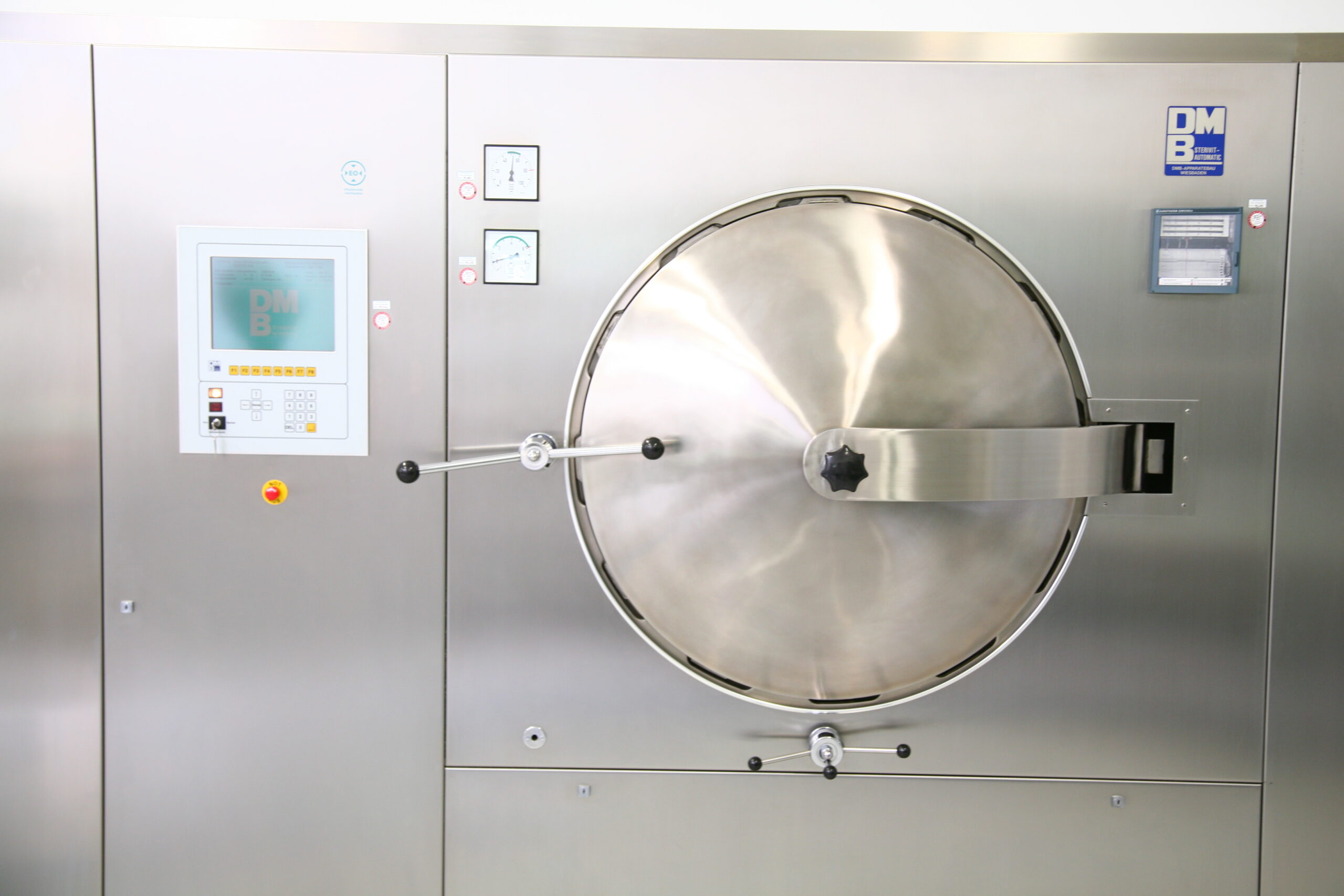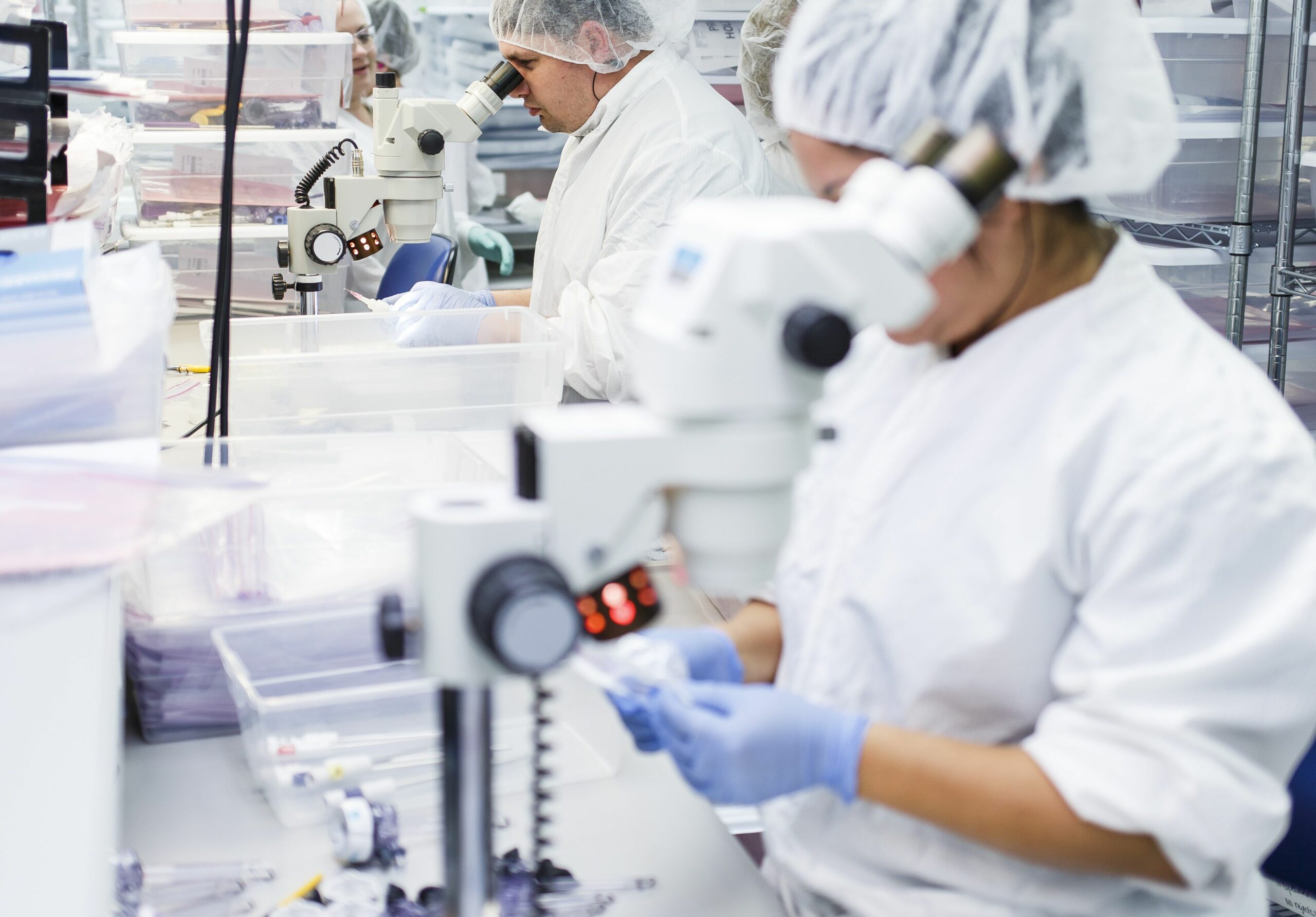Ethylene Oxide and Reprocessed Single-Use Devices
Ethylene Oxide and Reprocessed Single-Use Devices AMDR is receiving notices of increased interest and questions about the use of the gas Ethylene Oxide (EtO), which may be used as a sterilant for
What Are LCAs and What do They Say about Reprocessing
Understanding Life Cycle Assessments: What they tell us about Reprocessed Single-Use Devices and Greenhouse Gas Emissions A Life Cycle Assessment (LCA) is a systematic analysis of the environmental impacts associated with all the
What Others Say About Reprocessing
Researchers and Regulators Endorse Reprocessing “[The] volume of products thrown away after a single use - from tourniquets and scissors to high-tech electronics - should concern all of us. We can no
A Moral Imperative for Healthcare Professionals
Climate change is a public health issue that threatens all of us. Water and air pollution increase, leading to more chronic respiratory disease, such as asthma. Increased temperatures due to climate change lead to increased ground-level ozone, which cause airway inflammation and damages lung tissue. That hospitals are a leading cause of climate change producing emissions should be a call to action to all healthcare workers to reduce waste and lower emissions.
Reducing Costs by Reprocessing
Report after report sounds the alarm. Hospitals are running out of money. One example: News from the Washington State Hospital Association that, if current trends continue, “about half of the state’s hospitals will be out of money by the end of 2023.” Hospitals in the state face over $2.5 billion in losses. The culprit is a brew comprised of longer hospital stays, growing wages, and a spike in travel costs.
Growing the Circular Economy in the Health Sector
We learn from the earliest age that nature is circular. When a plant or animal is born it enters a circle of life. But in the industrialized world, when a new cell phone model is released or a refrigerator is broken “beyond repair,” we are conditioned to buy anew. Each new product requires raw materials to be extracted from the Earth. Additional non-renewable resources are used to manufacture, assemble, then ship the product.
Strengthening the Supply Chain
What began as a pandemic-driven personal protective equipment (PPE) shortage has grown into a massive worldwide, healthcare products supply chain nightmare. “This is a national problem,” said Lori Lee, Senior Vice President, Clinical Operations, Yale New Haven Health, in an interview with Forbes. When shortages of PPE were resolved, “everyone was happy, including us. What people don’t realize is that now it has moved to all these other categories
The Right to Repair Medical Devices
By reprocessing “single-use” medical devices (SUDs), hospitals reduce costs, waste, and greenhouse gas emissions.








